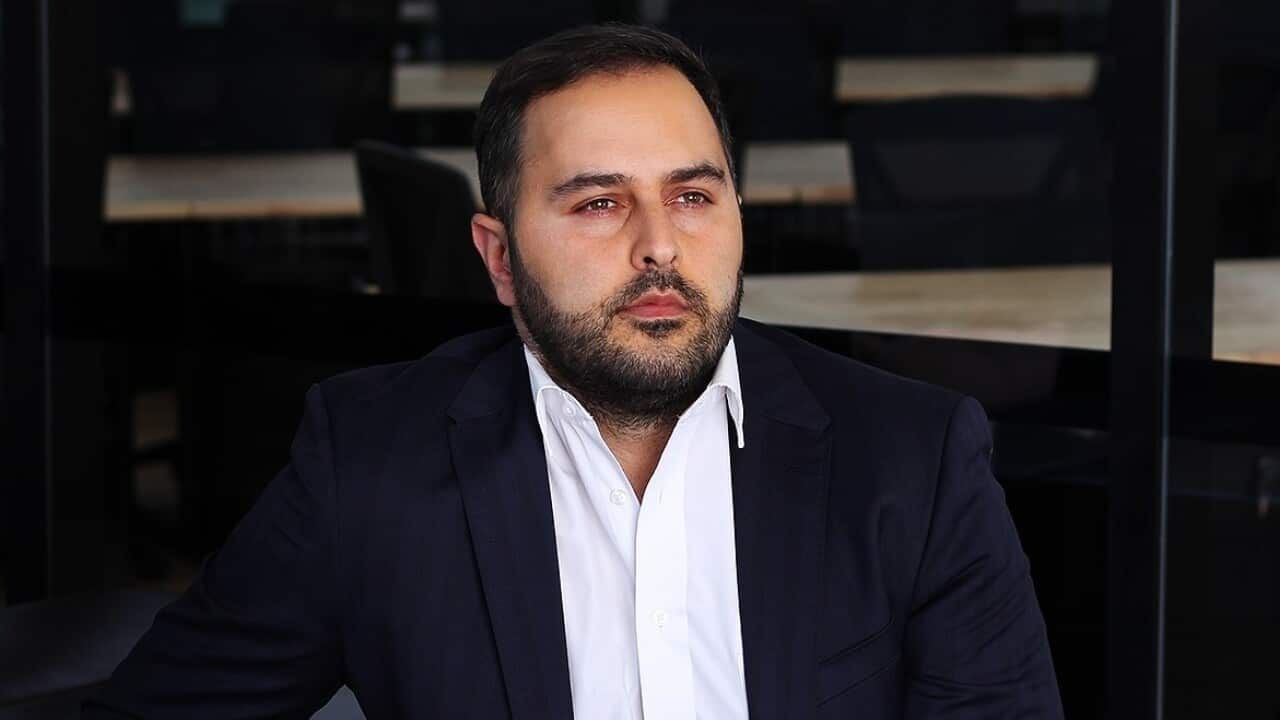Mr. Esho, who has spent years working in real estate and share market industries, outlined to the audience the implications of COVID-19 on the economy.
Specifically, Mr. Esho explained how a decrease in the numbers of immigrants and foreign students could affect the property prices and the housing sector in general.
Regarding investment in property, Mr. Esho said that when a family buys a property to settle in is not a pure form of investment.
He further added that investment is when someone uses his/her capital into a project that will subsequently create a return.
And in this case, the return from many property investments is through rent.
Regarding the government spending to keep the economy on its feet, Mr. Esho said that not only Australia, but the majority of developed countries had to inject billions of dollars into their economy to prevent an economic crisis.
He also added that the support and assistance from the government were essential to keep businesses operating and being able to pay wages.
However, Mr. Esho said that this money “does not come through magic”.
Instead, this is a debt that at some stage, Australia and other major countries who injected billions of dollars into their economies will have to pay it.
Regarding the mechanism of paying this debt, Mr. Esho said “I don’t think it will be within the next five years, I think this is a generational issue, it is going to have very long-term consequences”.
Mr. Esho also compared this size of the debt to the debt existing in many countries after the second world war which took them over 20 years to repay it.
When asked about the recent historic penalty fine given to one of Australia's largest banks, Westpac, Mr. Esho said that this was known news to the public and it did not affect the shares of the bank.
Regarding the relationship between Australia and China, Mr. Esho believes that because Australia is a close ally of the United States, it is being dragged down into the conflict arising from the current trade war between the U.S and China.
Our guest concluded the interview by sharing his optimistic views toward the future regarding the economy and the real estate market.
Watch the full zoom interview through the link below:

